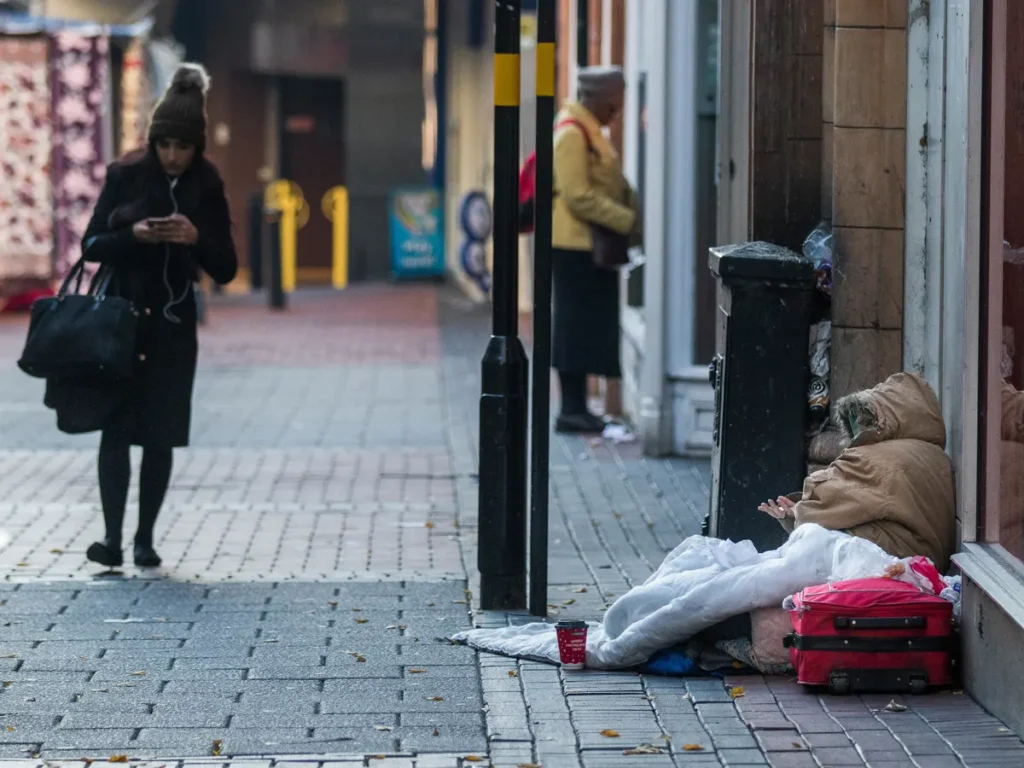
In 2016, a debate began to swirl in Sweden, centering around the implementation of a ban on begging. While it seemed to be a simple issue, on the surface, our recent study uncovered a much deeper and more complex narrative. This research examined media reports and political discourses, peeling back the layers of misrepresentation to expose the true nature of this contentious issue.
Begging ban was heavily decontextualized
It became quickly apparent that the discourse around the begging ban was heavily decontextualized, meaning that the realities of the situation were either simplified, mischaracterized, or worse, completely omitted. What we found was that media and political discourse painted a picture of begging as a public nuisance, largely ignoring the systemic inequalities and socio-economic conditions that underpin the issue. Three primary strategies were identified in this process of decontextualization. The first was generalization and polarization, wherein the issue was simplified to a binary, us-versus-them mentality, neglecting the complexity of the issue. The second strategy was victimizing the general public, painting them as helpless against the perceived threat of begging. Lastly, there was a startling absence of the broader context of poverty and marginalization, the very factors contributing to the existence of begging in the first place.
The effects
What effect does this have? By focusing on these superficial aspects, the discourse successfully diverts attention away from the actual causes of begging, and in doing so, it legitimizes and reinforces the ban. This creates a vicious cycle, one that prevents constructive dialogue and stalls the implementation of more compassionate and effective policy solutions.
This isn’t to say that the issues surrounding begging aren’t complicated or uncomfortable, but it’s precisely for this reason that a more contextualized understanding is crucial. This study concludes with a call to action for all stakeholders, encouraging them to engage in an informed debate that seeks to address the root causes of begging. In the end, it’s only by recognizing and grappling with these fundamental issues that we can hope to develop truly effective policies, policies that seek to aid rather than ostracize.
Move forwards
As we move forward, let’s remember that beneath every headline, beneath every simplified narrative, there’s a complex story waiting to be told. Let’s strive for understanding over convenience, compassion over disdain, and meaningful dialogue over silencing. And perhaps most importantly, let’s never forget the human beings at the center of these debates, their stories, their struggles, and their hopes for a better future.
